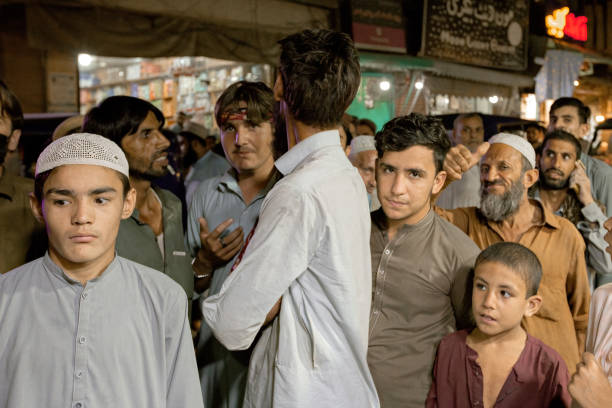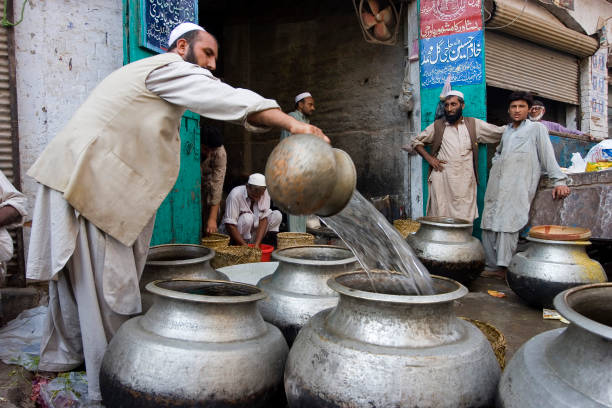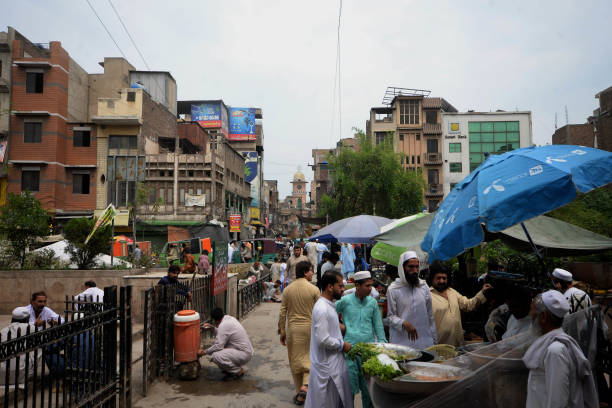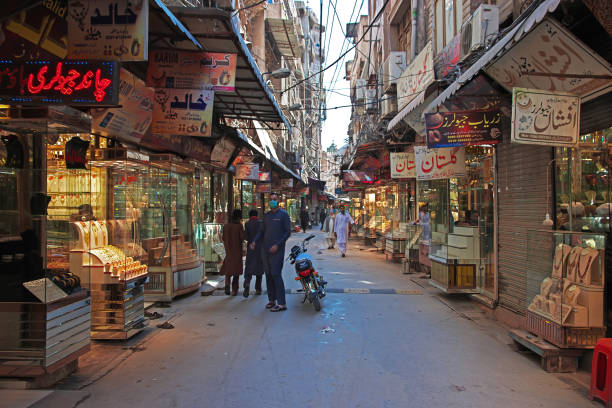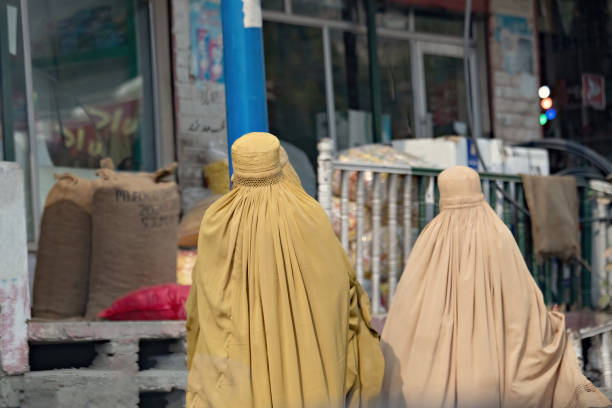Peshawar is the capital of Khyber Pakhtunkhwa province in Pakistan. It is one of the oldest cities in South Asia, with a history that goes back over 2,000 years. Located at the crossroads of Central and South Asia, Peshawar has always been a place where different cultures meet. Today, it is known for its rich cultural heritage and the warm hospitality of its people, the Pashtuns.
A Rich History
Peshawar's history shows its importance and cultural wealth. It was a key city on the ancient Silk Road, a center for Buddhist learning, and later an important city for Islamic civilization. This long history can be seen in its buildings, language, and traditions.
Some historical sites in Peshawar include the Bala Hisar Fort, which has seen many battles, and the Mahabat Khan Mosque, a beautiful building from the Mughal era. The Peshawar Museum, with one of the largest collections of Gandharan art, shows the city’s Buddhist past.
Pashtunwali: The Pashtun Code
At the core of Peshawar's culture is Pashtunwali, the traditional code of the Pashtuns. This code is passed down through generations and emphasizes values like hospitality (melmastia), bravery (turah), and honor (nang). Hospitality, or melmastia, is very important and is seen as a duty and a source of pride for Pashtuns.
The Warmth of Pashtun Hospitality
In Peshawar, hospitality is not just a custom but a way of life. Visitors are often amazed by the warmth and generosity of the locals. Everyone, no matter where they come from, is treated with great respect and kindness. This tradition is deeply rooted in the Pashtun lifestyle.
Guests in Peshawar are warmly welcomed and often invited into homes for meals. Traditional Pashtun dishes like Chapli Kebabs, Kabuli Pulao, and different types of bread are served with great care. Hosts make sure that guests are comfortable and well-fed, reflecting the high value placed on hospitality.
Cultural Celebrations and Traditions
Peshawar has many festivals and events that show its rich traditions. Eid celebrations are especially important, with families coming together for big meals and traditional dances like the Attan. The city also hosts the annual Lok Mela, a cultural festival with folk music, dance, and crafts, highlighting the region's diverse heritage.
Traditional Pashtun clothing adds to Peshawar's cultural vibrancy. Men wear shalwar kameez and turbans, while women wear brightly colored dresses with beautiful embroidery. The local markets, like Qissa Khwani Bazaar, are full of activity, offering everything from traditional crafts to aromatic spices, providing a true Peshawari experience.
Conclusion
Peshawar is a city where history and modern life come together, offering a unique mix of culture and hospitality. The Pashtun code, especially the tradition of hospitality, ensures that visitors feel the warmth and generosity of its people. In a world where modern life often overshadows traditions, Peshawar stands as a place of cultural richness and timeless hospitality, making it a wonderful place to visit.


